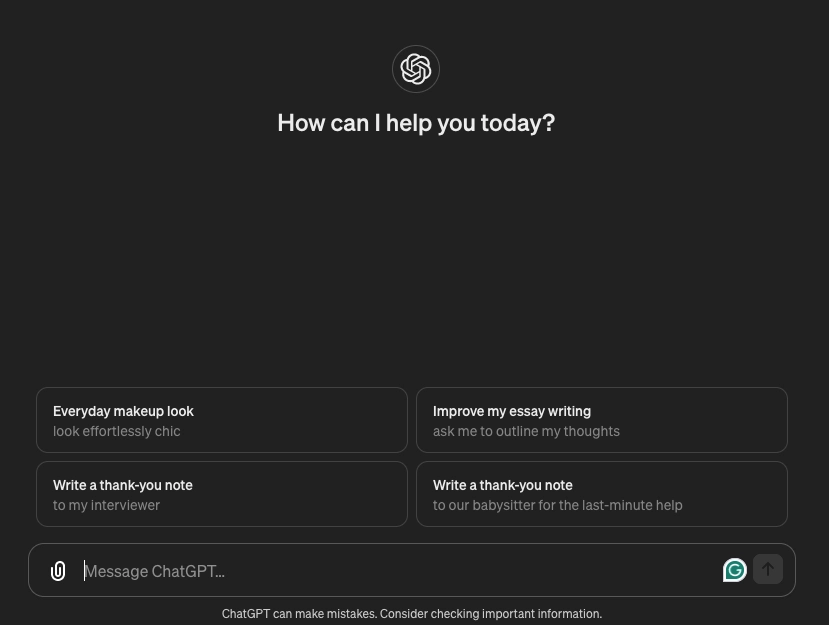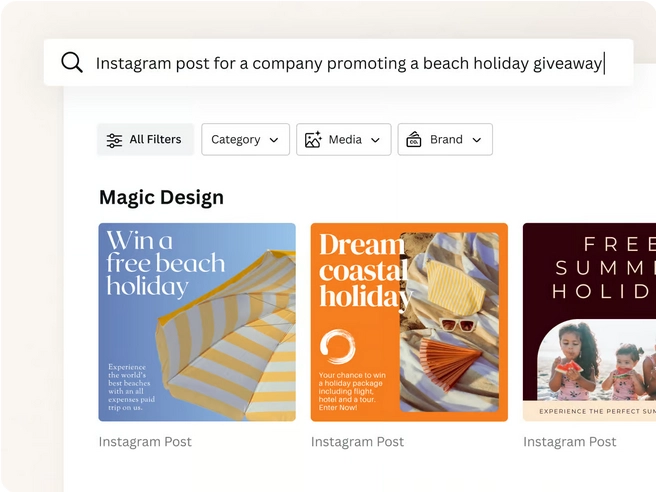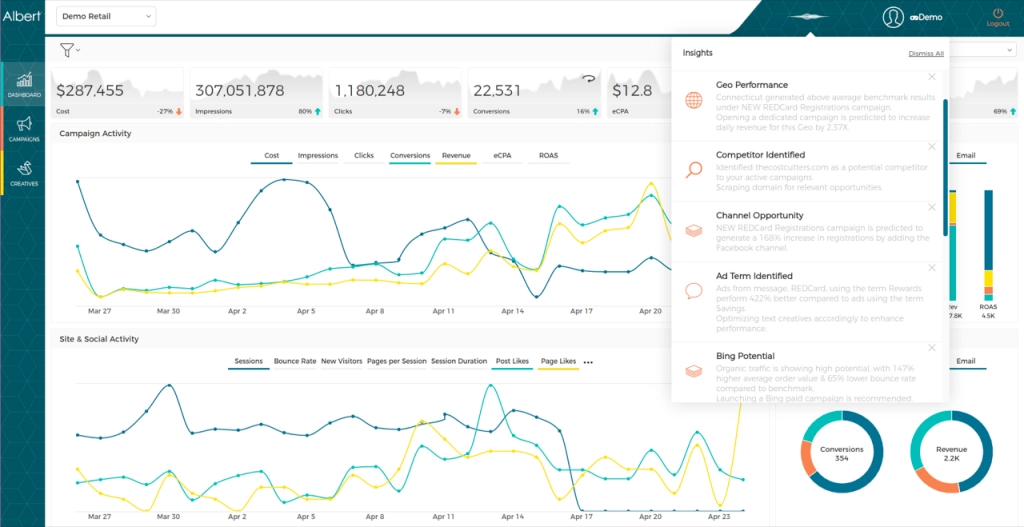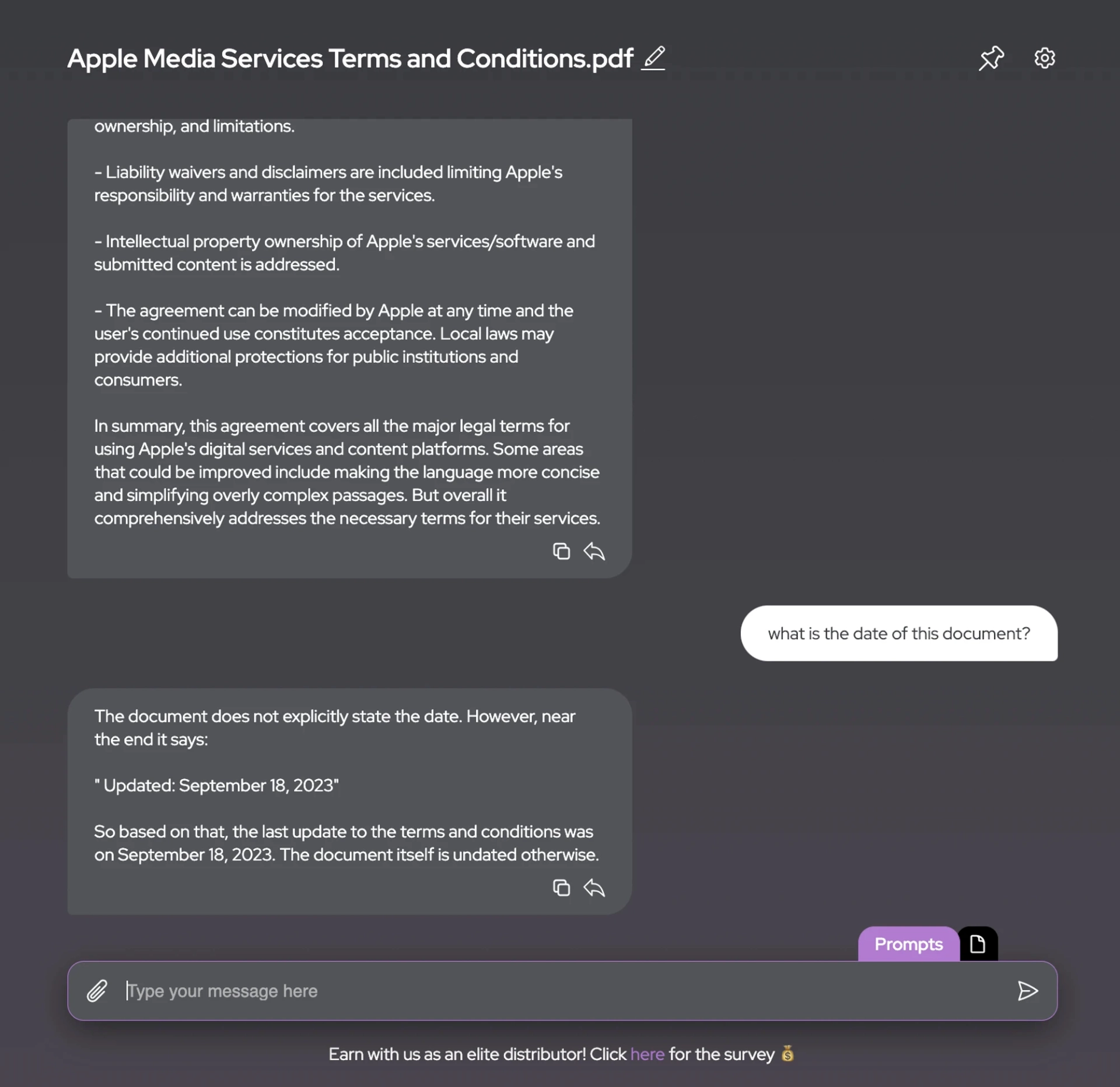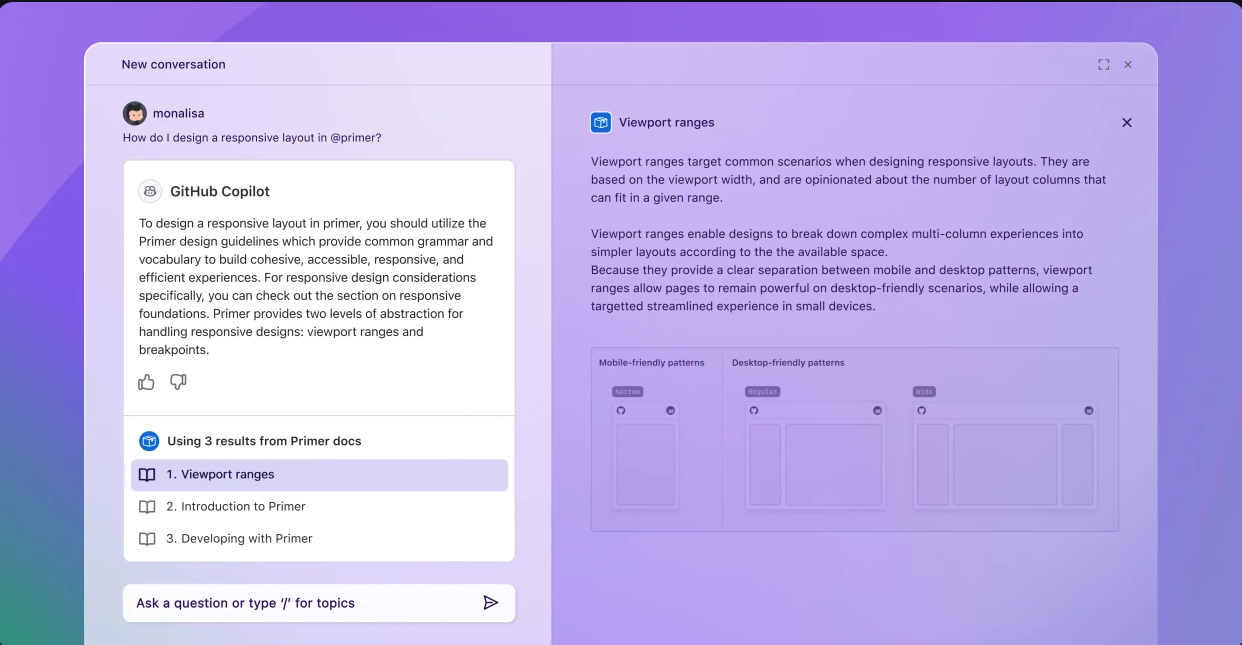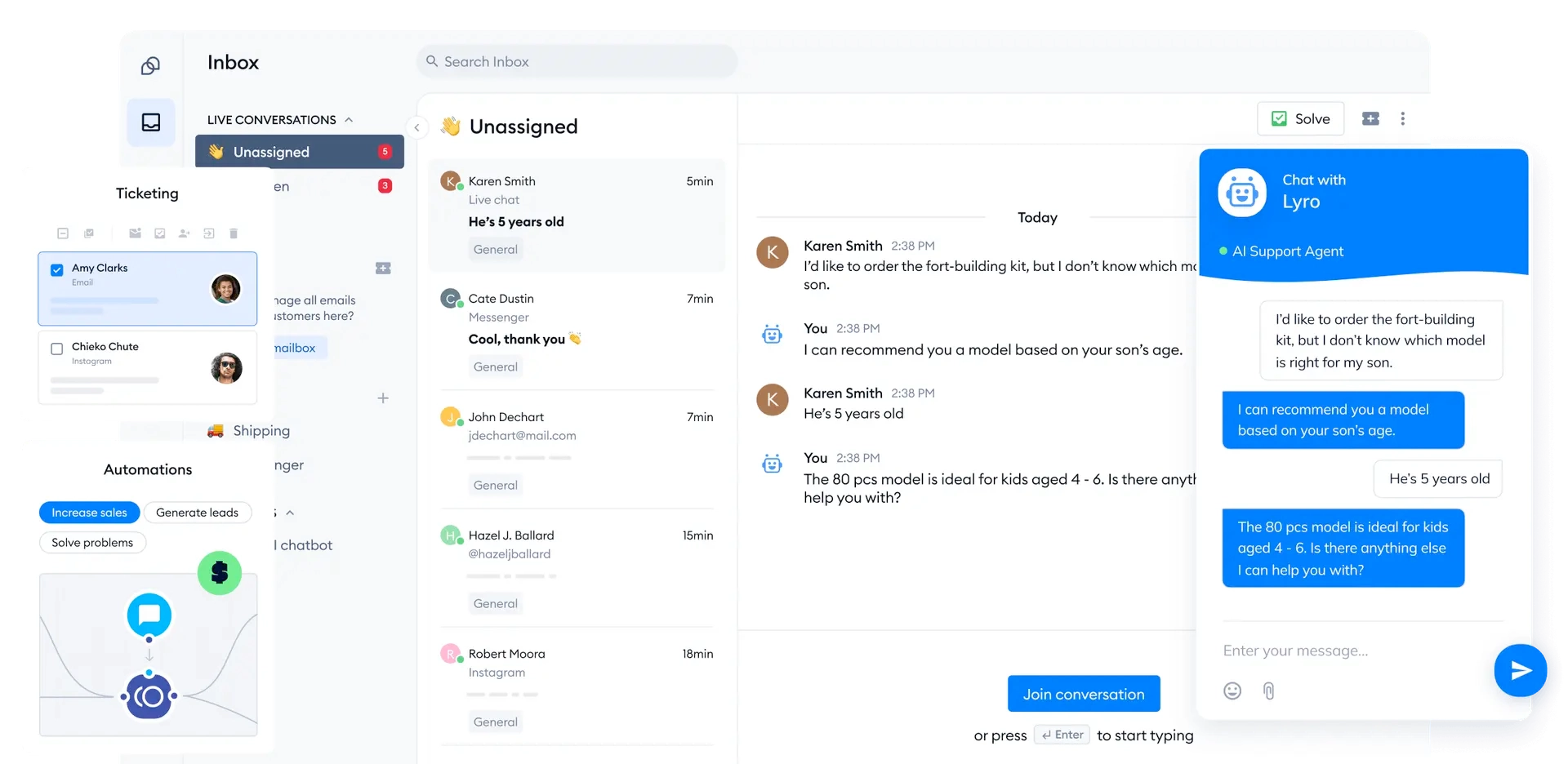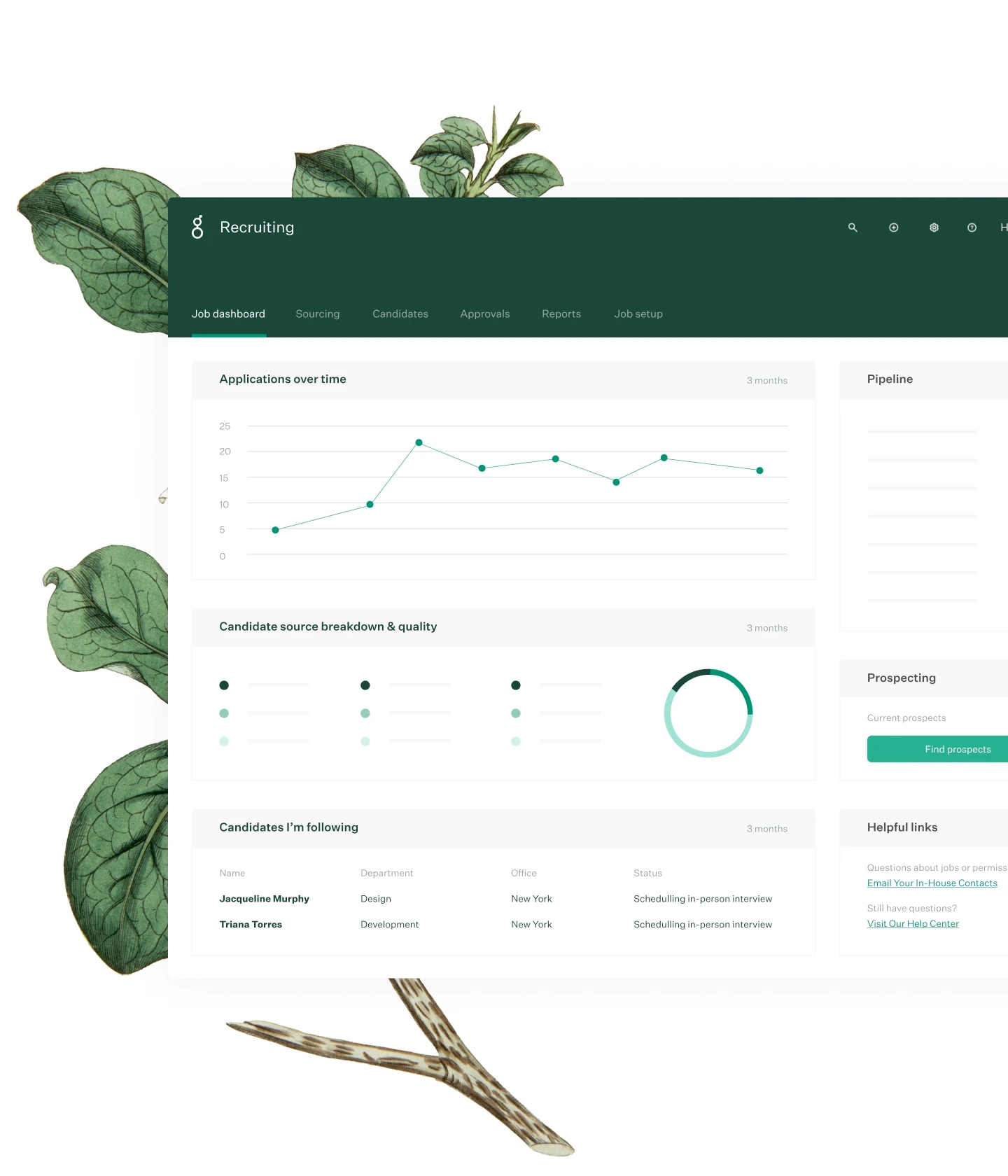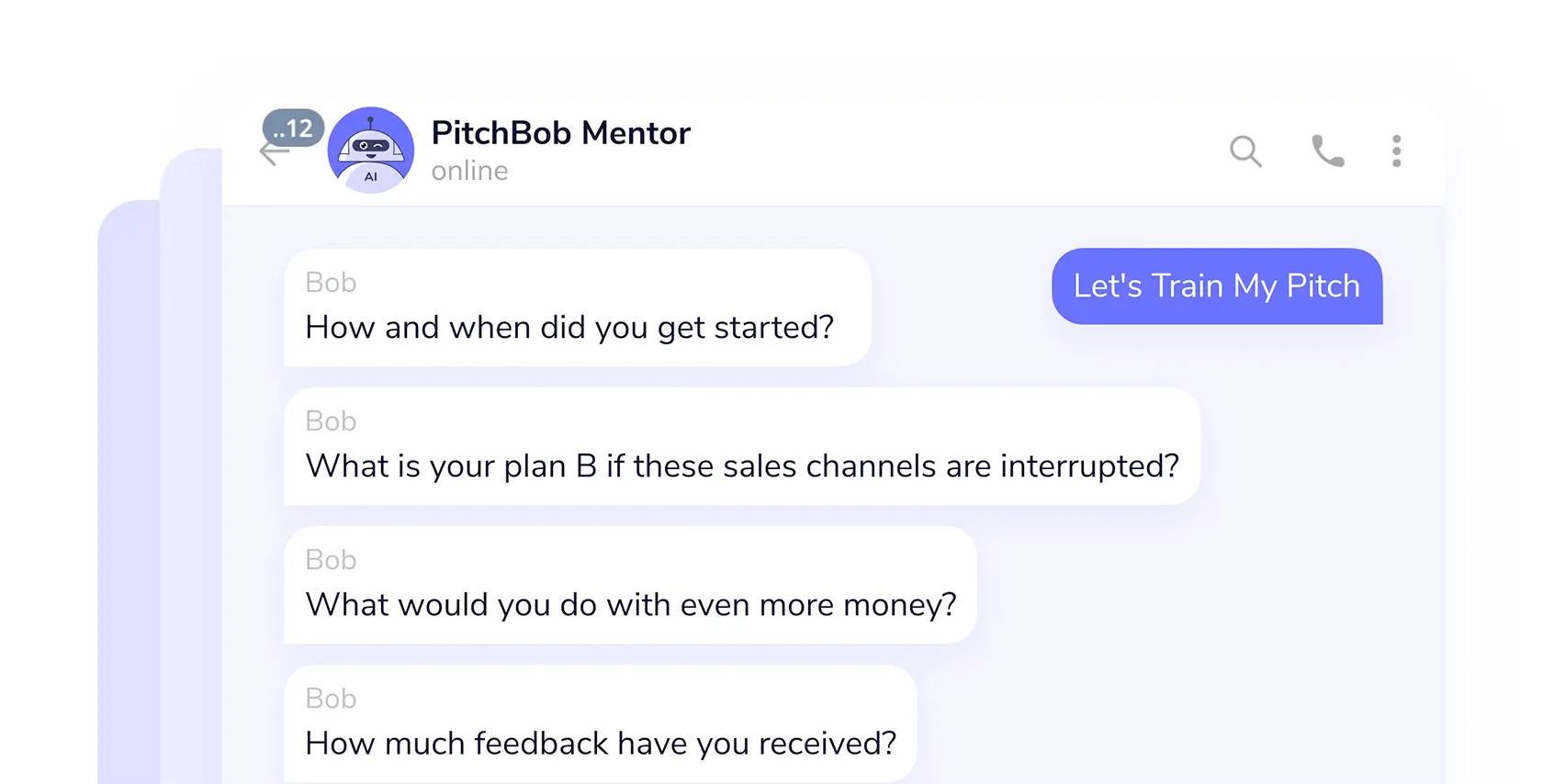Early-stage startup life can be a slog. You’ve got tight budgets, a small team, and a never-ending to-do list. If only there were a cost-efficient way of outsourcing some of these tasks to an expert.
Well, with the right AI tool, you can take an enormous load off your startup team’s plate. HubSpot’s State of Artificial Intelligence Report estimates the average worker can save 2.5 hours per day with AI — so just think what your team could save.
But with a massive and rapidly growing market — one that experts predict will reach $12.6 billion by 2027 —how do you find the best tools for your startup?
With our help, that’s how!
This article shortlists the best AI tools for startups in product management, design, and coding categories. You’ll learn which tools are best, which features you’ll love, and how much they cost.
Top AI tools for startups
Motion: Best for smart productivity and project management
Motion is the only project management software that uses AI to create a personalized daily schedule for you and your team. It time-blocks all your tasks, projects, and meetings on your calendar and dynamically optimizes your schedule dozens of times a day, so you’re always making the most of your time.
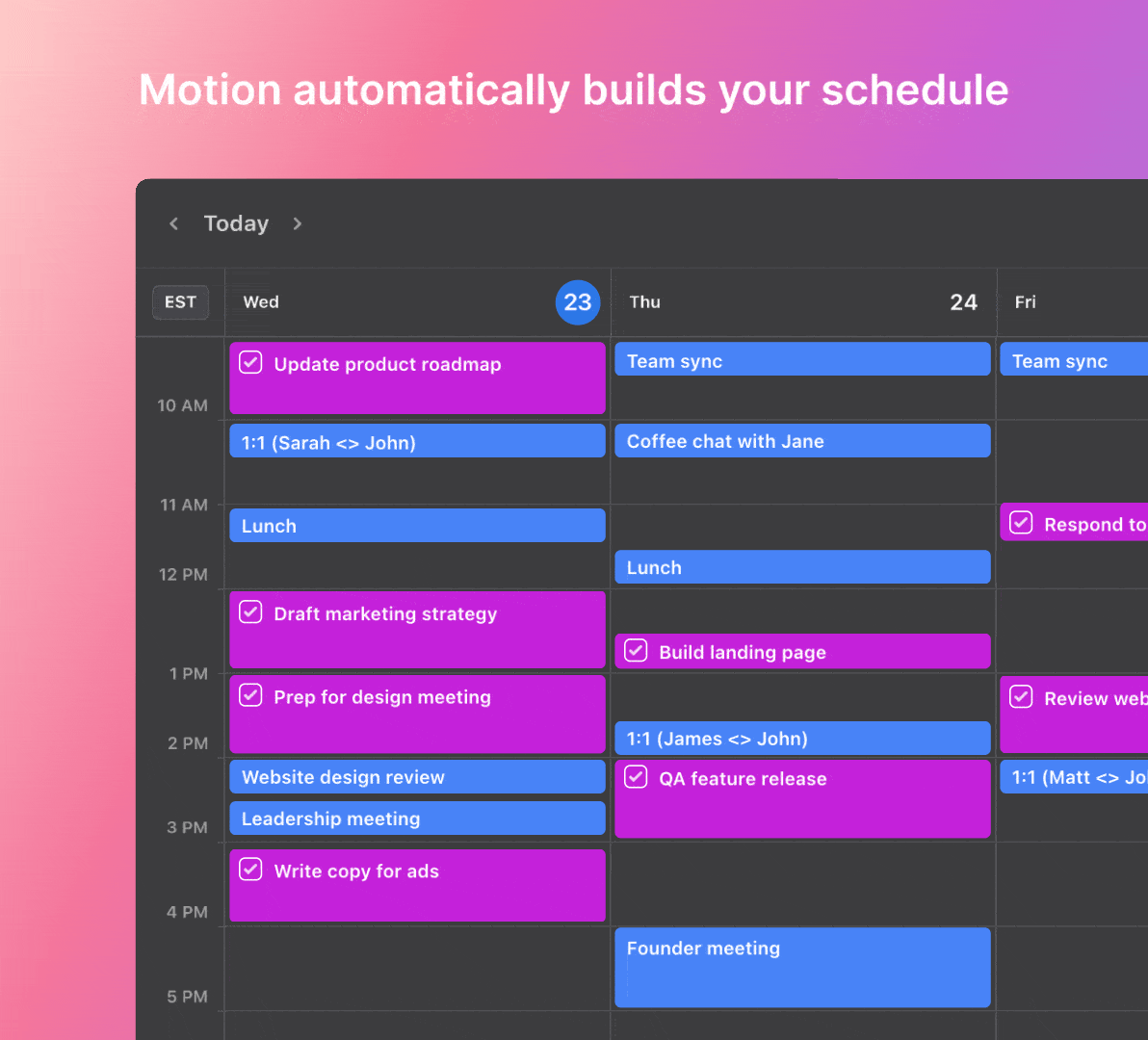 |
What sets it apart: Motion makes traditional, static project management tools look prehistoric. By using AI to analyze your workload, availability, and task urgency, Motion can organize everything into a perfectly optimized schedule. It adapts automatically (as seen in the gif above), so you remain on track even if meetings get rescheduled or deadlines change.
How startups can use it: Motion is the perfect tool for founders and employees looking to make the most of their workday. If your team needs to work more efficiently or take less time to plan what comes next, Motion can automate the entire process.
Pros:
- Prioritize your tasks based on urgency and availability.
- Schedules automatically adjust when deadlines or priorities change.
- Motion can schedule your entire team to meet shared deadlines.
Cons:
- Motion doesn’t offer industry specialization (e.g., for lawyers, accountants, finance professionals, etc.).
Pricing: Motion starts at $19 per month for individuals and $12 per user per month for teams.
Free trial: Yes, Motion offers a 7-day free trial.
ChatGPT: Best for content creation and general assistance
OpenAI’s ChatGPT is the most famous AI tool on the planet—and it’s one your team can use to accomplish a wide range of repetitive tasks. From content creation to customer support to general assistance with tasks throughout your day, this conversational AI platform is arguably the most versatile AI tool in this list.
What sets it apart: ChatGPT's sheer versatility makes it a no-brainer for most organizations. It can write code, create copy, and automate menial tasks. A collection of user-created versions of ChatGPT further increases the tool’s functionality.
How startups can use it: Anyone using ChatGPT knows it’s pretty good at content creation. It may not be able to match expert copywriters yet, but it’s a great tool for crafting emails or drafting an outline of a blog post. Startups can also use it to gather research or integrate it into their customer support tools.
Pros:
- ChatGPT is fast and reasonably accurate.
- It can complete a huge range of tasks.
- A user-friendly design means employees can get started in seconds.
Cons:
- It can hallucinate or refuse to perform certain tasks.
Pricing: Paid plans cost $20. Team plans cost $30 per month, billed monthly.
Free trial: OpenAI offers limited free access to its ChatGPT 3.5 model.
Canva Magic Design: Best for design
Canva is best known for its online graphic design tool, which democratizes the design process by allowing anyone to create beautiful posters, documents, and social media posts. But it’s recently launched a prompt-based AI tool, Magic Design, that lets you create on-brand designs in seconds without hiring a full-time graphic designer or paying an expensive freelancer.
What sets it apart: Unlike Dall-E, Canva also gives you access to its drag-and-drop graphic design tool. So startups get the best of both worlds: a prompt-based AI art tool and one of the most user-friendly design tools on the market.
How startups can use it: With Magic Design, there’s little need for startups to hire graphic designers. Use the tool’s AI-driven templates to create professional-looking graphics in ten minutes or less.
Pros:
- You can use Magic Design to create and edit videos and images.
- Users only need to enter a simple prompt.
- The presentation tool makes it easy for startups to create beautiful pitch decks.
Cons:
- Ownership of assets may be subject to third-party rights holders if you use stock images from Canva’s library.
Pricing: Access to Magic Design is included in Canva Pro accounts, which cost $12.95 per month
Free trial: Users can try Canva Pro for 30 days.
Albert: Best for marketing
Albert is an AI-powered marketing assistant that helps startups manage the entire paid ad process, from creating ads to tracking performance, optimizing spending, and generating valuable insights. Given how impactful ROI-positive performance marketing campaigns can be for a startup, this tool can be incredibly valuable.
What sets it apart: Albert's cross-channel capabilities are particularly impressive. This AI-powered tool can operate campaigns across paid search and social media accounts and covers 90% of the biddable universe—that’s bid-based marketing platforms to you and me. It’s also easy to set up since it handles the ad creation process.
How startups can use it: Albert supercharges the productivity of your startup’s marketing team. Your CMO can use it to replace a performance marketing specialist or free up your employees’ time to focus on big-picture campaigns.
Pros:
- Albert works autonomously to optimize campaign design and management.
- It caters to cross-channel strategies.
- It optimizes ad-spend automatically to help you generate ROI fast.
Cons:
- It only helps with paid marketing, not organic search engine results or social media.
Pricing: Customized pricing is available upon application.
Free trial: There’s no free trial.
AI Lawyer: Best for legal and compliance
AI Lawyer is the personal AI at your fingertips. Legal fees can wreak havoc on a startup’s budget, so turn to AI Lawyer for a cost-effective way to get answers to your questions and create legal documents.
What sets it apart: The ChatGPT-style user interface makes this AI-powered legal assistance incredibly easy to use. It even lets you attach documents and provides templated prompts to get you started.
How startups can use it: Drafting legal documents, company policy documents and boilerplate clauses are some of AI Lawyer’s top use cases — something top law firms would charge thousands of dollars for. But AI Lawyer also acts as a fantastic legal assistant, answering your questions and helping you stay compliant.
Pros:
- Instant help means you don’t have to wait days for guidance.
- The document handling feature automatically summarizes and translates dense legalese.
- The mobile app lets you ask legal questions on the go.
Cons:
- It can’t fully replace the need for a human lawyer.
Pricing: AI Lawyer is available for $9.99 per week or $19.99 monthly. An enterprise account is also available.
Free trial: Yes, a free trial is available.
GitHub Copilot: Best for coding and development
GitHub Copilot is an AI coding tool that helps your startup’s developers write better code faster. As such, it’s an indispensable tool for any tech startup that wants to accelerate product development and get to market faster.
What sets it apart: There are several AI programming tools out there, but there is a reason over 50,000 businesses have adopted GitHub’s tool: its AI Codex model is exceptional. This allows the tool to provide real-time AI-based suggestions and offer in-depth explanations and code snippets when you’re stuck on a particular problem.
How startups can use it: Startups can use Copilot across the entire development process, from instantly generating code to searching for bugs and creating in-depth pull requests. It can make your developers much more productive and let you hold off hiring another developer for several months or more.
Pros:
- It creates code in most programming languages.
- Copilot integrates with many different code editors.
- The easy-to-use interactive dashboard makes communicating with Copilot a breeze.
Cons:
- Code originality may be a concern since Copilot generates code based on publicly available sources.
Pricing: Copilot’s Business plan costs $19 per user per month. The customizable enterprise version costs $39 per user per month.
Free trial: Yes, a 30-day free trial is available.
Lyro by Tidio: Best for customer service
Lyro by Tidio is an AI customer support agent that promises to solve up to 70% of your customer support problems without your team getting involved. Whether you want to convert more leads or scale your support team, Tidio can help.
What sets it apart: Lyro isn’t talking gibberish to your customers. It provides accurate and relevant answers based on the information you provide. It’s quick to respond, too, answering questions in six seconds so customers aren’t left hanging — even if they ask various questions.
How startups can use it: Tidio’s Lyro chatbot is the ideal tool to automate your startup’s customer support. You can use one of Tidio’s many pre-built flows to offer discounts, recommend products, or create your own sales or supported-focused flow with a drag-and-drop builder.
Pros:
- Lyro works in seven languages.
- You can transfer conversations to Tidio to automate support.
- The free forever plan makes it a great choice for early-stage startups.
Cons:
- You can’t connect Tidio to other apps without using Zapier.
Pricing: Plans start from $12.50 per month.
Free trial: Yes. A free forever plan is available with no credit card required.
Greenhouse: Best for hiring
Greenhouse’s AI recruitment platform is the easiest way for your startup to find and recruit the best talent. Use it to eliminate hiring admin and automate every part of the recruitment process, from finding candidates and scheduling interviews to mitigating bias and meeting DEI goals.
What sets it apart: Collaboration is a key part of the hiring process, and Greenhouse makes it easier than most platforms for hiring teams to work with executives and department leads. Thanks to several built-in features that eliminate bias, it also helps companies meet DEI goals.
How startups can use it: Greenhouse is a complete solution for startups looking to reduce the hassle of hiring. It allows you to automate talent sourcing, manage applications and interviews in one platform, and even automate onboarding once candidates accept.
Pros:
- The platform has industry-leading built-in DEI tools that eliminate bias.
- You can connect with over 500 other applications using pre-built integrations.
- There are many automation features, like automatically rejecting candidates who don’t meet the criteria.
Cons:
- Customer service is only available via live chat.
Pricing: Available on request.
Free trial: No, but you can request a demo
PitchBob: Best for pitching and acquiring funding
PitchBob is a powerful pitch deck generator and general startup co-pilot that has helped over 37,000 founders find early-stage funding and create enticing pitch decks.
What sets it apart: PitchBob is an all-in-one startup assistance for founders. While other tools may help you with one part of the startup journey (like creating a pitch deck), PitchBob can help you with almost everything, like creating investor kits, building financial models, and applying for accelerators.
How startups can use it: Use PitchBob to create all the collateral your startup needs to win funding. The platform is especially good at creating stunning pitch books and investor desks.
Pros:
- PitchBob has a database of 150,000+ VCs you can contact.
- It comes with perks and offers that can save you thousands of dollars on software.
- PitchBob supports every language and understands both voice and text.
Cons:
- The onboarding process is extensive.
Pricing: PitchBob offers four plans ranging from $19.90 per month to $79.90
Free trial: Yes, a free trial is available.
Make the most of your time with Motion
The best AI tools for startups are the ones that save your team time and money by automating processes and avoiding expensive contractor fees.
That’s why so many founders love Motion. Our platform’s artificial intelligence solution is the best way to plan your and your team’s time, automatically revising your schedule so you can squeeze every last drop of value from your day.
Try it out for free today.
An expert B2B content marketing consultant and writer specializing in SaaS, e-commerce, and digital marketing businesses, Thomas Law focuses on driving traffic to your website, engaging your target audience, and increasing signups through content.

